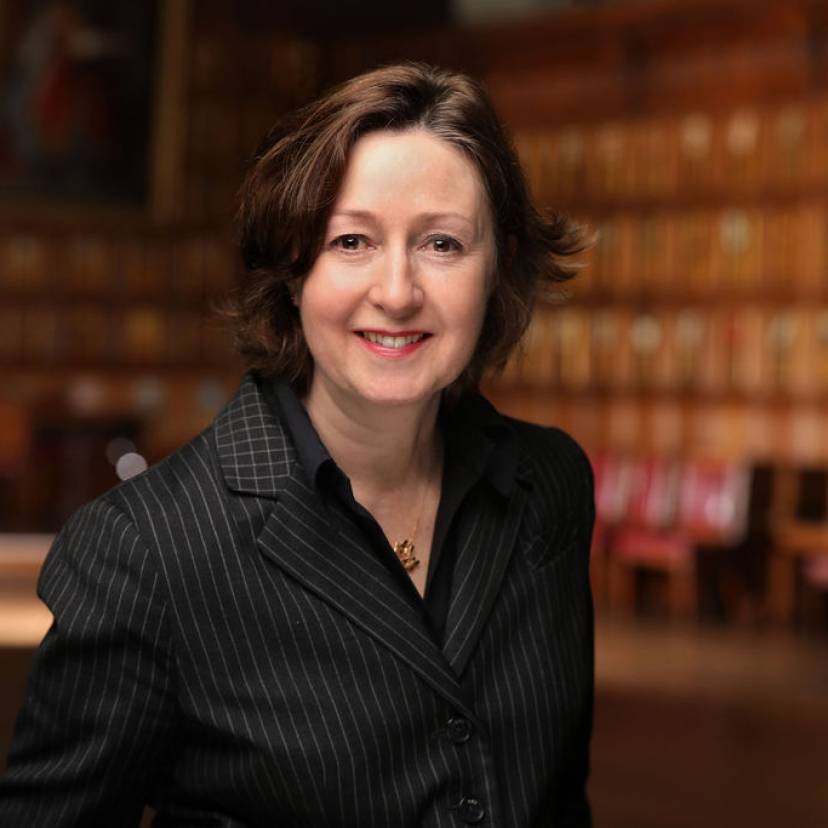GMC v Simon Bramhall - On its way to the High Court.
31 March 2021
Claire Robinson considers the long running case of GMC v Bramhall, returning soon to the High Court following a further appeal by the GMC following a Panel's decision to appeal to the High Court.
R (Bramhall) v GMC (2019) EWHC 3525 (Admin)
This case has had a long and interesting history and it seems that it has still not concluded. Mr Bramhall avoided being struck off in December 2020 when the Medical Practitioners Tribunal ("MPT") decided to impose a 5 month suspension order. In January 2021 the GMC decided to appeal this decision.
In 2013 Mr Simon Bramhall was employed as a Consultant Surgeon by University Hospitals Birmingham NHS Foundation Trust, he specialised in liver transplant surgery. In February and August 2013 he used an argon beam coagulator to put his initials onto the liver of two patients.
Chronology
Mr Bramhall was suspended at the end of 2013 when the second incident was reported to the Trust.
In May 2014, a finding of gross misconduct was made at a disciplinary hearing.
On the 23rd May 2014 the West Midland Police contacted the GMC to inform them that there was to be a criminal investigation following a complaint from a patient whose liver had been marked. The GMC confirmed with the West Midlands Police that the police were happy for the GMC to continue its own investigation.
In January 2016, the police informed the GMC that they had offered Mr Bramhall a caution for assault occasioning actual bodily harm but he had refused to accept the caution. The GMC sought regular updates from the police but reached a point where the decision was taken to proceed without knowing whether there would be a criminal prosecution.
The case was considered by the GMC Case Examiners and on the 7th February 2017 Mr Bramhall was issued with a written warning by the GMC in respect of the misconduct allegation. The Case Examiners set out the following reasons for the decision:
- Mr Bramhall’s actions did not contribute to the failure of Patient A’s first transplanted liver.
- Patients were not put at risk or harmed clinically.
- There was little or no risk of repetition.
- They considered that the case now exclusively concerned matters of public confidence in the profession.
In late February 2017 Mr Bramhall was informed that he was going to be charged with two counts of assault occasioning actual bodily harm.
On the 23rd December 2017 Mr Bramhall pleaded guilty before the Crown Court to two offences of common assault and no evidence was offered on the more serious counts of assault occasioning actual bodily harm.
The GMC decided that the convictions met the threshold for investigation and Mr Bramhall was sent a letter dated the 10th January 2018 informing him that the convictions were being treated as a new allegation.
On the 12th January 2018 he was sentenced to a 12 month community order with a requirement of 120 hours unpaid work. He was fined £10,000.
The GMC notified Mr Bramhall in March 2018 that the Assistant Registrar had decided to review the decision to issue a warning under rule 12 (2) of the General Medical Council (Fitness to Practice) Rules 2004. In June 2018 Mr Bramhall was informed that a decision had been made to refer the misconduct allegation back to the Case Examiners. Mr Bramhall was then notified in July 2018 that the allegation relating to his convictions would be referred to the Medical Practitioners Tribunal (MPT) for a fitness to practice hearing.
At the end of 2019 a claim for judicial review was heard in relation to the decisions to review the issue of a warning, the decision to refer the case back to the Case examiners and the decision to refer the allegation relating to the conviction to the MPT. The judgement was set out by Lady Justice Jefford. The challenges to all three decisions failed.
Mr Bramhall then went before the MPT.
Fitness to practise hearing – concluded on the 18th December 2020
Mr Bramhall admitted the facts of his conviction and sentence.
The MPT noted that Mr Bramhall’s actions had put two patients at unwarranted risk of harm, he did not have the consent of either patient, there was no clinical purpose and the patients were in a vulnerable state due to unconsciousness. The Crown Court Judge had described the psychological impact on the August 2013 patient as extreme, the MPT took this into account and found it to have been significant.
The MPT found that there had been breaches of Good Medical Practice – Mr Bramhall did not have consent from his patients and he had not respected their dignity. Mr Bramhall’s behaviour had the potential to undermine the public’s trust in the medical profession.
This MPT reviewed Mr Bramhall’s reflections and considered that they demonstrated remorse and genuine regret. He had engaged with professionals since the incidents and there was testimonial evidence. They decided that Mr Bramhall was unlikely to put patients at risk of unwarranted harm, breach Good Medical Practice or bring the profession into disrepute in the future.
Mr Bramhall’s fitness to practise was found to be impaired on public interest grounds; that confidence in the profession and the MPT would be undermined if there was no finding of impairment.
The MPT noted that the testimonials described a highly skilled surgeon who was dedicated to his patients and supportive of his colleagues. He had an unblemished record before these incidents.
The sanction imposed was a five month suspension.
Panel meeting to consider whether to appeal the MPT decision pursuant to section 40A Medical Act 1983
A Panel met on the 12th January 2021. The note of that meeting indicates that the Panel were concerned about the following:
- Mr Bramhall’s actions in assaulting patients by the use of an argon beam coagulator to mark his initials on their livers was when they were unconscious and vulnerable. The Crown Court Judge in sentencing described his actions as ‘professional arrogance of such magnitude that it strayed into criminal behaviour’.
- They felt that the MPT had not adequately considered the Sanction Guidance and had given undue weight to the factors put forward in mitigation.
- They were particularly concerned that the determination of the MPT did not adequately reflect the impact that Mr Bramhall’s conduct would have on public confidence in the profession and the need to promote and maintain proper professional standards and conduct.
The Panel felt that a suspension of five months was not sufficient to maintain public confidence in the profession and that although Mr Bramhall had currently relinquished his licence to practise, so there was no immediate risk to patient safety, he could, after the period of suspension, restore his licence and practise again in the future.
The Panel decided to appeal the MPT’s decision to the High Court pursuant to section 40A Medical Act 1983.
This case has been widely reported and by the very nature of the behaviour, has attracted headlines in the press. The GMC has gone from an initial decision to issue a warning, reviewed after his criminal conviction, to now deciding to appeal the short suspension order imposed. It will be very interesting to see how the grounds of appeal are framed and in particular the arguments put forward in relation to the public interest when the appeal is heard.

